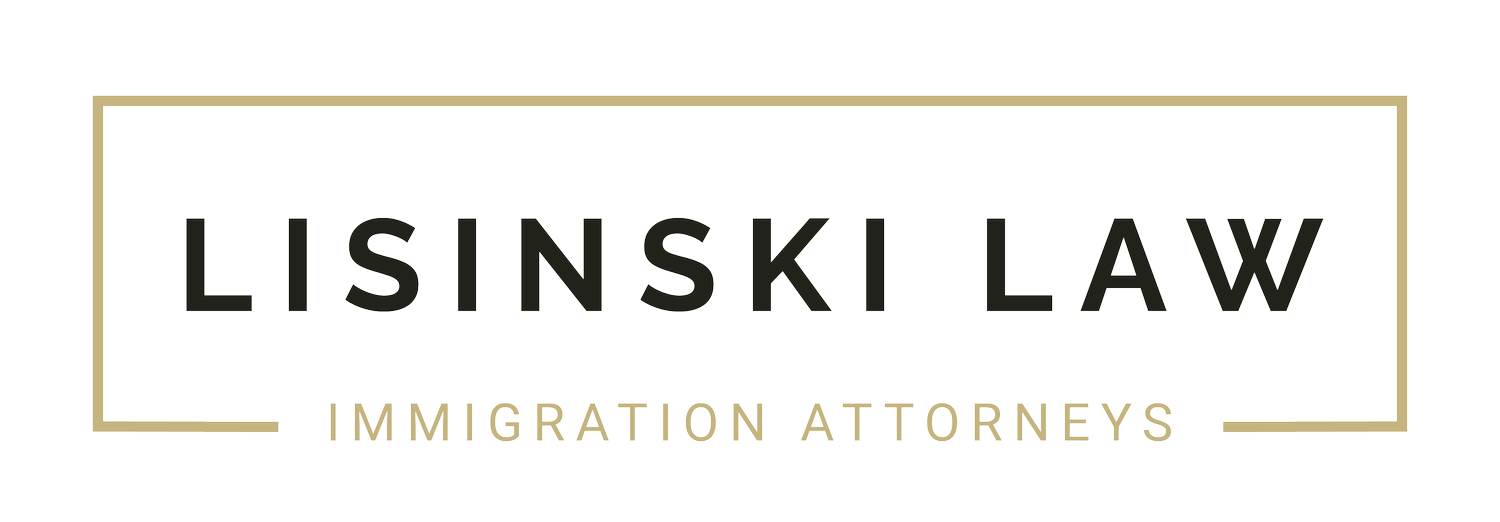
Straight Forward Answers When You Need Them Most
Figuring out what to do if you are looking for immigration support can be overwhelming and scary. The process in seeking legal guidance to help rebuild your life can be intimidating. We are here to help. The steps you take can mean the difference between winning or losing your case. Below you will find answers to the most common questions we get from people who have had experiences like yours, as well as tips to help protect your rights from day one.
Immigration FAQ’s
-
Call us. We have many clients who have been told by other attorneys that there were no options to obtain legal documents, when in fact various manners do exist. There are many different case types in immigration, and our Firm focuses heavily on case types that are not that common and not used as heavily by other immigration attorneys. With the case types we focus on, we can often help people who would not qualify through “traditional” or common case types. So definitely contact us. This is your life, and your peace of mind and ability to remain with your family is worth a second opinion.
-
We have a great legal team our attorneys have personally put together - this is to help our clients faster and make sure their case is prepared to win. You will talk to several people in our Firm - each person has a very specific job, which helps them to become a specialist in their role, as they only focus on that job. We do it this way so that you have someone with a lot of experience working on every step of your case. That's how we are able to help so many people. So don't worry, the big team is here to help you and you are better off with a big legal team working on your case. You are in good hands!
-
No. The permanent bar may make your situation more complicated, but it is still possible to obtain legal status even for people who are under the permanent bar. Every case is different, but many of the case types described throughout our Firm’s website can in certain situations be used to legalize someone who is under the permanent bar.
-
It depends on your situation, but definitely there are ways to obtain legal status even with prior deportations. You need an attorney who is willing to deeply evaluate your situation and look at all the different case options available under the immigration laws to find a solution. For example, many of the case types described throughout our Firm’s website can in certain situations be used to legalize someone who has been deported in the past.
-
You may qualify to legalize your status without leaving the country, even if you have heard from lawyers in the past that you must leave the country to obtain documents. It is important to understand that it can be risky to leave the country to obtain documents. In our Firm, we exhaust all options to obtain documents without having our clients leave the country, and in many cases it is possible even after other lawyers have said it was not. Indeed, many of the case types described throughout the Firm’s website allow individuals to obtain legal status without leaving the country.
-
It may still be possible to legalize your status even if you have entered the U.S. more than once without permission. While it is very difficult to legalize your status through the “traditional” case types that most immigration attorneys are familiar with, there are less common case types where it may be possible to legalize even though you have entered the U.S. more than once. In fact, many of the case types described throughout the Firm’s website allow individuals to obtain legal status without leaving the country.
-
In many cases, yes! If you are a U.S. citizen and have a spouse or other certain relatives who do not yet have legal status in this country, we may be able to help. Though wait times vary, generally it may be possible for a U.S. citizen to help a spouse, child, parent, or sibling obtain legal status in the U.S.
-
In many cases, yes! Certain relatives of a lawful permanent resident of the U.S. may be eligible for a green card, as well. Though wait times vary, generally it may be possible for a resident to help a spouse, child, or an unmarried adult child, obtain legal status in the U.S.
-
Spouses, unmarried children under the age of 21, orphans adopted in the U.S. or abroad, and parents (provided the sponsor is at least 21 years old). Grandparents, aunts, uncles, in-laws, and cousins are not eligible under this path, but may be eligible under another path.
-
We can tell you we handle many case types frequently with high success rates to make the cases as strong as possible. The attorneys handle the cases and review all the information. If there are concerns, we will make you aware of that after your consultation.
-
The answer is NO in all cases, but there may be an interview at the end of the process and the attorney prepares and accompanies you for it; it is included in the fee.
-
This is almost always not the case. Your statement is completely confidential and once we get to the interview process you do not have to answer any questions about the statement, the issues, anything. In some very small cases, sometimes small aspects of the declaration are discussed in the interview, but only the entrances and exits and the reasons for these, and the attorney will prepare you how to answer them.
-
If the case is based on the spouse, the answer is no. We simply cannot work with the spouse. If the case is not based on the spouse, we can work with the spouse if a waiver is signed.

